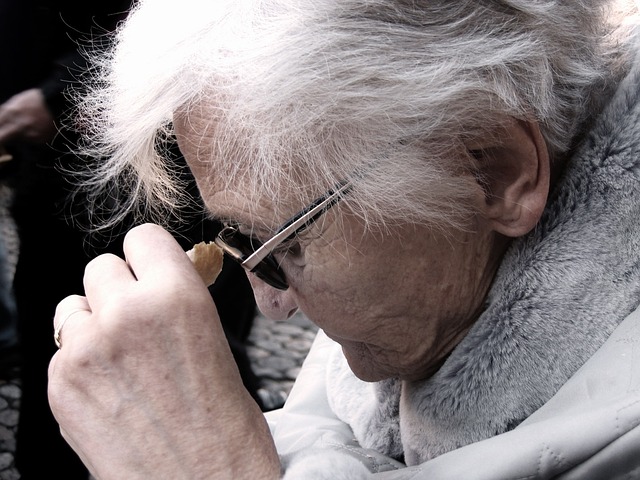Home care services and in-home aides are essential in elderly care, addressing isolation and loneliness among seniors through companion care. They offer emotional support, personal care, and companionship within the senior's home, enhancing quality of life and combating negative effects of loneliness, a growing concern for today's aging population. These non-medical care services focus on tailored interactions and conversations to create a supportive environment, fostering purpose and belonging for seniors living alone.
Social engagement and emotional support are vital aspects of elderly care, significantly enhancing the quality of life for seniors. In today’s digital era, understanding the power of human connection is more crucial than ever. This article explores three key areas: “Understanding Social Engagement,” delving into how human interaction benefits the elderly; “Emotional Support” highlighting the role of in-home aides; and “Companion Care Services,” focusing on fostering community and belonging at home. Discover how these non-medical care approaches, including personal care services, contribute to senior care.
- Understanding Social Engagement: The Power of Human Connection in Elderly Care
- Emotional Support: How In-Home Aides Can Enhance Quality of Life for Seniors
- Companion Care Services: Nurturing a Sense of Community and Belonging at Home
Understanding Social Engagement: The Power of Human Connection in Elderly Care

In the realm of elderly care, understanding social engagement is recognizing the profound impact human connection has on senior well-being. Home care services and in-home aides play a pivotal role in fostering meaningful interactions for seniors who may struggle with isolation or lack companionship. By providing companion care, these services not only address non-medical needs but also contribute significantly to emotional support. Personal care aspects, such as helping with daily tasks, are secondary to the primary goal of creating a sense of community and belonging within the senior’s home environment.
The importance of social engagement cannot be overstated in senior care. It’s a game changer that enhances quality of life for many elderly individuals. Through home care services, seniors can benefit from regular visits from aides who offer not just assistance but also companionship and emotional support. This personalized approach to care ensures that the older population feels connected, valued, and less likely to experience the negative effects of loneliness, which is a growing concern in today’s fast-paced world.
Emotional Support: How In-Home Aides Can Enhance Quality of Life for Seniors

Emotional support is an essential aspect of senior care, and in-home aides play a vital role in enhancing the quality of life for our elderly population. Many seniors, especially those living alone, may experience feelings of loneliness and isolation, which can negatively impact their mental health. In-home aides, also known as companion caregivers, offer a unique service by providing not just assistance with daily tasks but also companionship and emotional support.
Through regular interaction and conversation, in-home aides help seniors feel connected and valued. They listen to the elderly individuals’ stories, concerns, and memories, fostering a sense of purpose and belonging. This personal care aspect goes beyond non-medical assistance; it involves creating a supportive environment where seniors can express their emotions freely. By addressing loneliness and isolation, home care services for seniors can significantly improve overall well-being, leading to happier and more fulfilled lives.
Companion Care Services: Nurturing a Sense of Community and Belonging at Home

Companion Care Services play a vital role in fostering a sense of community and belonging for the elderly within their homes. Unlike traditional medical care, non-medical companion care focuses on personal interactions and emotional support rather than direct medical treatment. An in-home aide provides companionship, engaging in conversations, playing games, or simply being present to listen, thereby alleviating feelings of loneliness and isolation that can be prevalent among seniors.
These home care services are tailored to meet the unique needs of each individual, ensuring they feel valued and connected to their community. Whether it’s assistance with daily tasks like cooking and cleaning or just someone to chat with during the day, companion care aides create a nurturing environment that enhances the quality of life for the elderly, allowing them to remain in the comfort of their homes.
Social engagement and emotional support are vital components of elderly care. By integrating home care services that include non-medical care, personal care, and companion care, we can foster a sense of community and belonging at home. In-home aides play a crucial role in enhancing the quality of life for seniors, ensuring they stay connected to their communities while receiving the personal care they need. Remember that, in the world of senior care, social engagement and emotional support are game changers, enabling folks to live vibrant, fulfilling lives right within the comfort of their homes.
